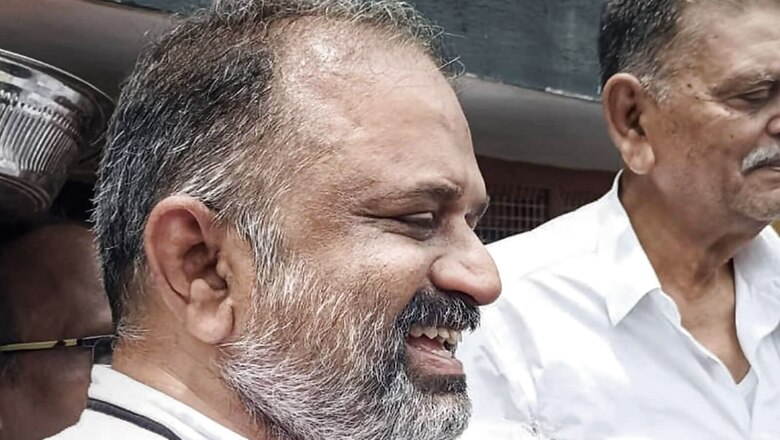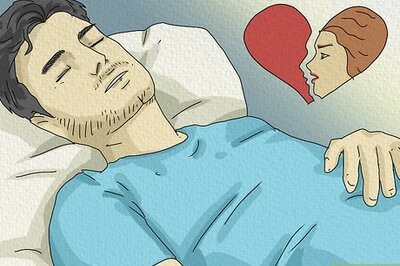
views
The Supreme Court on Wednesday ordered the release of AG Perarivalan, one of the seven convicts in the Rajiv Gandhi assassination case, invoking its extraordinary power under Article 142 of the Constitution. He was 19 years old when he was arrested in 1991 for buying batteries, which were used to trigger the belt bomb that killed the former prime minister. He has been in prison for nearly 31 years.
While delivering its judgment, the Supreme Court bench comprising Justice L Nageswara Rao, Justice BR Gavai and Justice AS Bopanna upheld delay on part of the Tamil Nadu’s governor in Perarivalan’s pardon plea under Article 161 of Constitution.
What is Article 142 of Constitution?
The Supreme Court uses Article 142 to exercise its special powers in any case or matter pending before it to do “complete justice”. “The Supreme Court in the exercise of its jurisdiction may pass such a decree or make such order as is necessary for doing complete justice in any cause or matter pending before it,” the Article states.
The top court also cited “inordinate delay” in pardoning Perarivalan by the governor. The Tamil Nadu government had in 2018 recommended to then governor Banwarilal Purohit that all seven convicts be released under Article 161 of the Constitution.
The governor, however, delayed the state’s recommendation for months before sending it to the President under Article 161, which allows the Governor to decide Perarivalan’s release.
The Article 161 states, “The Governor of a state shall have the power to grant pardons, reprieves, respites or remissions of punishment or to suspend remit or commute the sentence of any person convicted of any offence against any law relating to a matter to which the executive power of the State extends”.
When Has Supreme Court Invoked Article 142?
The top court had used its power under Article 142 in several cases, including the 1989 Union Carbide matter and 2019 Ayodhya Ram Mandir verdict. In the Bhopal gas tragedy case, the court ordered the US-based Union Carbide Corporation to pay $470 million compensation to the victims. In the Ram Mandir verdict, the Supreme Court refused division of the land, and instead handed over 2.77 acres of disputed area to Hindus. Sensing injustice to Muslims, the top court directed the Centre to grant five acres in an alternative site within the purview of the land acquired by the government.
Why was the Need for Article 142?
The Article 142 gives unlimited power to the Supreme Court to do complete justice in cases where the litigants have suffered injustices during the proceedings. The farmers, who faced delays in getting their share of reliefs, felt this provision would help the disadvantaged people in the society. According to Pandit Thakur Das Bhargava, “The Supreme Court shall exercise these powers and will not be deterred from doing justice by the provision of any rule or law, executive practice or executive circular or regulation.”
Read all the Latest India News here

















Comments
0 comment